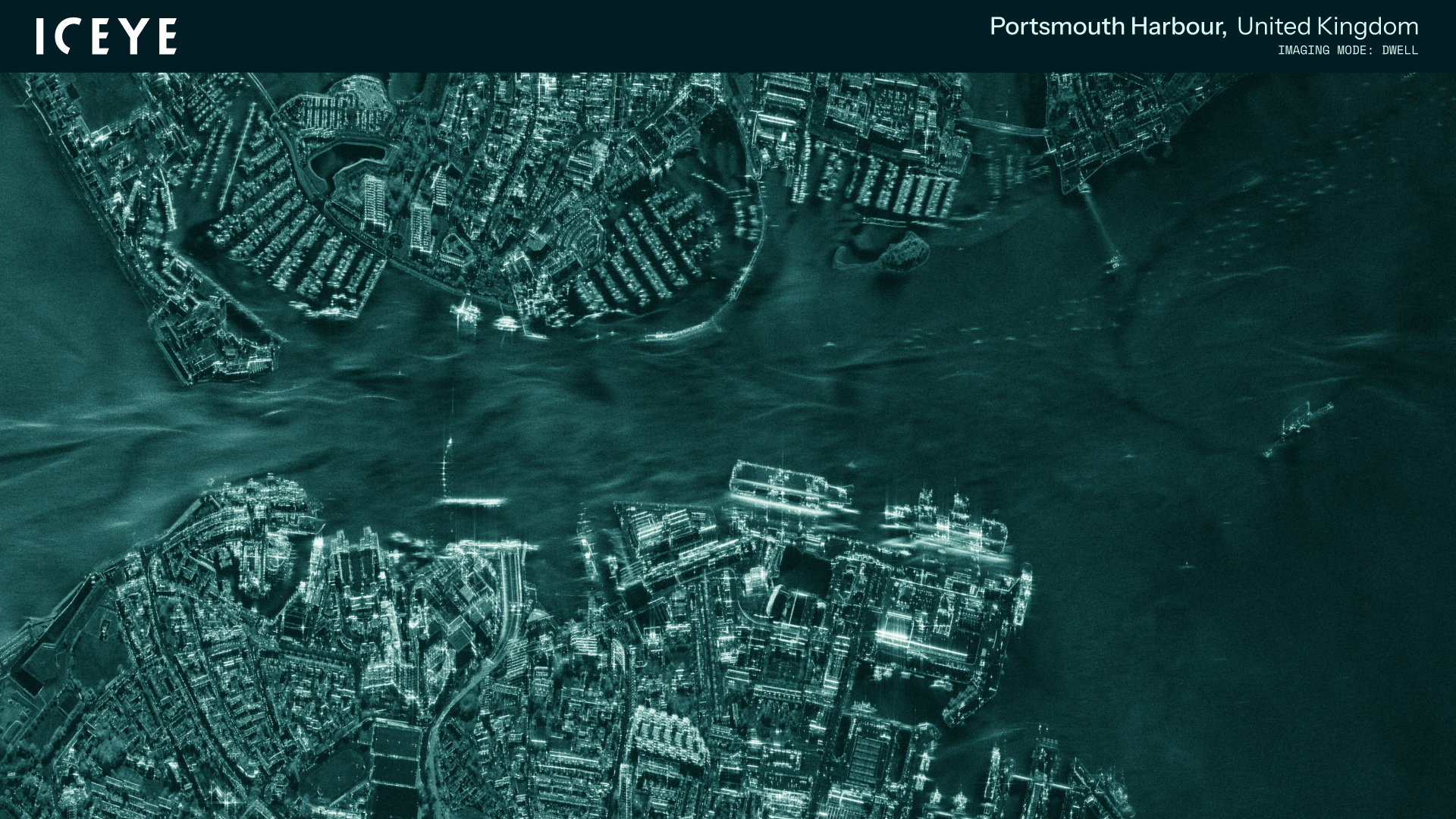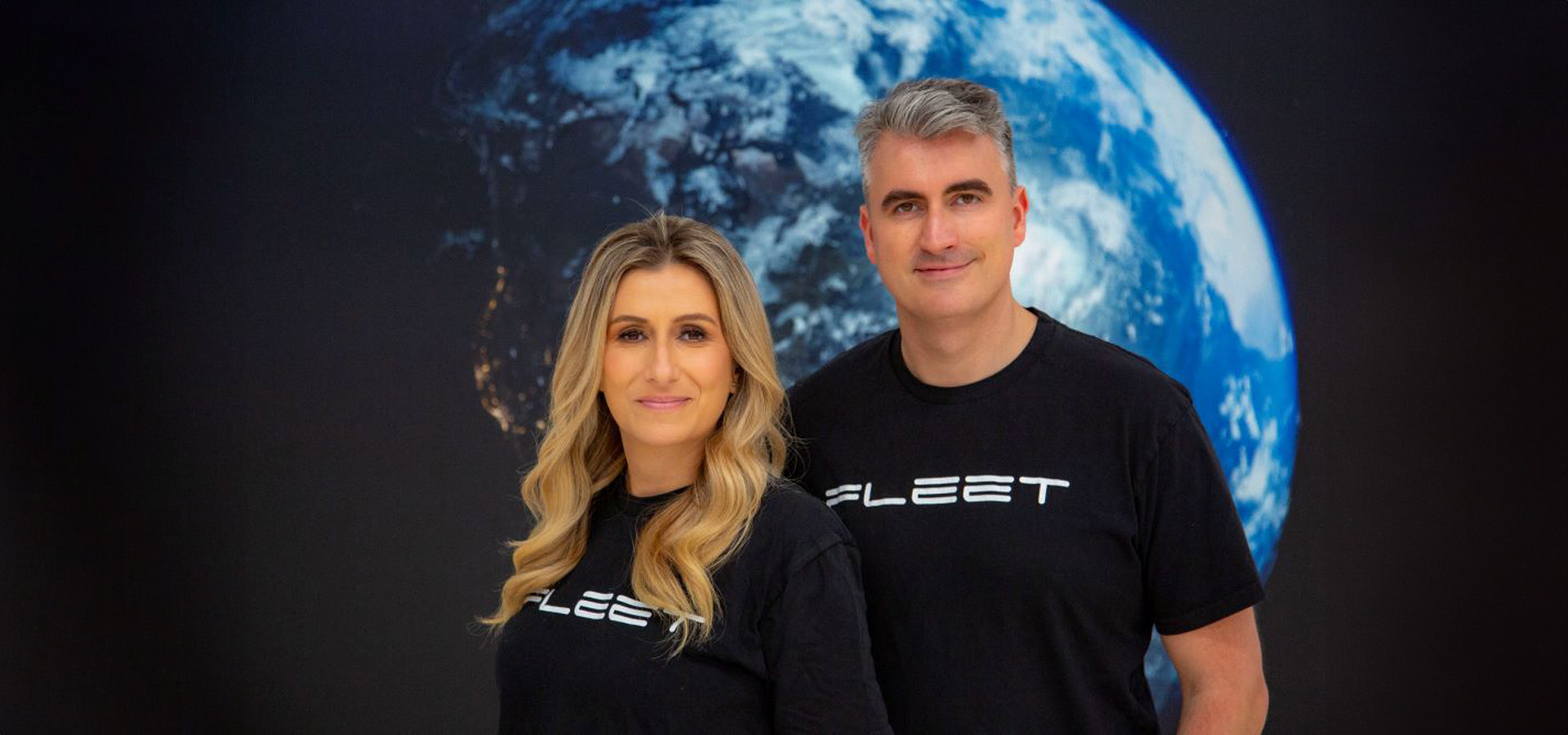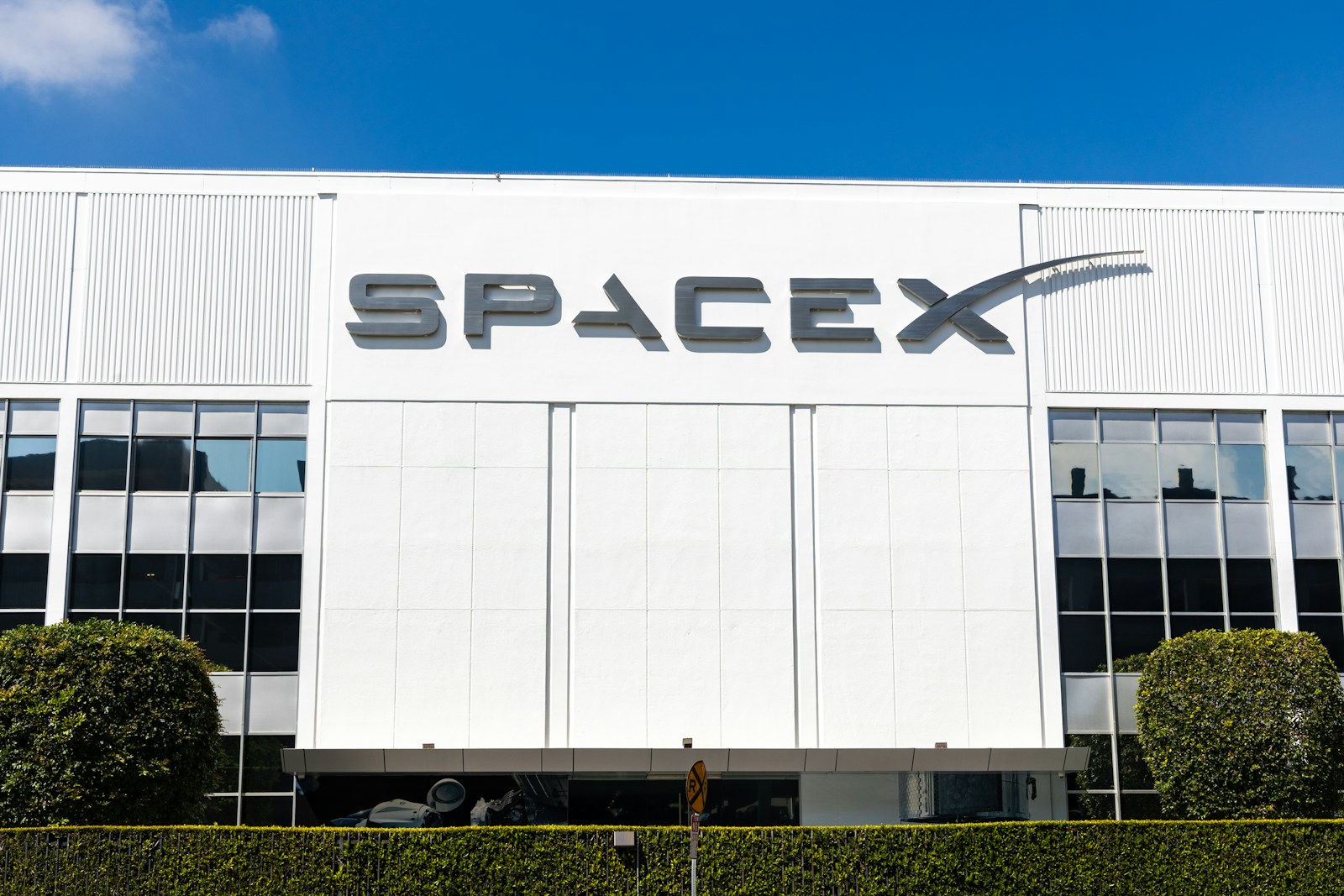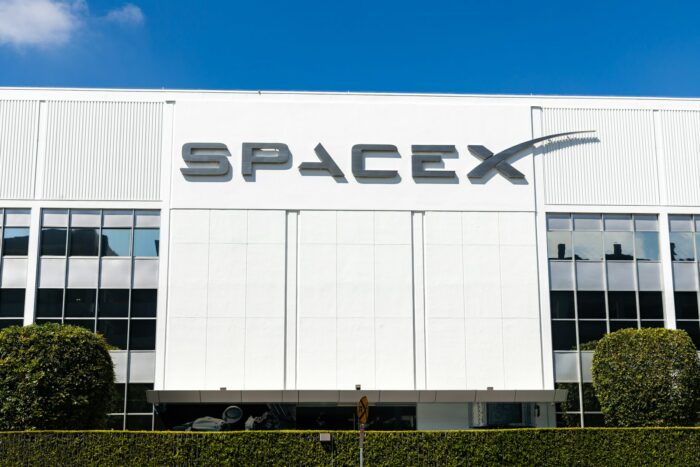In today’s fast-changing space technology industry, where innovation and competitiveness reign supreme, the role of small and medium-sized enterprises (SMEs) is growing in importance. However, within the European procurement landscape, these entities often face significant challenges that hinder their full potential. SMEs may face barriers in engaging effectively and efficiently due to the complexities of European procurement processes. This affects space projects and missions at all levels by reducing access to many innovative and increasingly cost-effective solutions.
It is crucial to address these issues for the growth and sustainability of SMEs and to enhance Europe’s competitiveness in the global space tech arena. We spoke to Andy Challen, VP of UK Mission Sales at ICEYE, a leading manufacturing company that delivers superior persistent monitoring capabilities with the world’s largest synthetic-aperture radar (SAR) satellite constellation. Andy gave his insights on how to navigate these obstacles and propel Europe towards a more competitive position on the global stage of space tech innovation.
Benefits of Engaging SMEs
SMEs are often built to implement innovative solutions quickly, fail fast, and rapidly apply the learnings from every success and setback to their next move. They can also avoid the bureaucracy and red tape that often comes with larger, more established organisations.
ICEYE’s experience offers a unique perspective. While they have matured and grown out of the small and medium-sized enterprise bracket, the company still operates very much like an SME, while providing services and products at a larger enterprise scale.
Andy explains, “Since maturing from the startup phase, we continue to drive forward with that agile, innovative, and flexible mentality that is a tenet of SME operations.”
The company’s philosophy exemplifies the benefits of working with non-primes. “We are a technology company that seeks to provide ground truth. At the moment, the best way to do that is with SAR satellites. But as technologies progress and the industry evolves, we’ll do whatever is most useful and effective to meet our client’s needs and continue providing the best in ground truth.”
The goal of levelling the playing field and enabling SME engagement in the European space procurement landscape isn’t about solely working with non-prime entities. It’s about leveraging all the resources available to achieve our collective goals. Ultimately, integrating the deep expertise and resources of larger, more established enterprises with the agile, progressive, and adaptable capabilities of SMEs can optimise a space project’s results.
Challenges for SMEs in the European Space Procurement Landscape
From fragmented industry sectors due to political events like Brexit, to the increasing trend towards market consolidation among larger industry players as found in a recent study by the European Parliament, there are many barriers facing “non-prime” entities in Europe.
According to The European Space Agency’s procurement system, a non-prime is any organisation or company involved in space tech projects or procurement processes excluding major system integrators, prime contractors, or major industry players, like Airbus Defence and Space. This includes SMEs.
SMEs, particularly in the European space industry, encounter various significant challenges. Among them are the burden of stifling bureaucracy when engaging with national and supranational organisations and the current space procurement processes that are often inefficient and unnecessarily expensive.
The team at ICEYE has personal experience with many of the obstacles non-primes face in European space procurement. Andy explains that another major barrier is the lack of trust in SMEs’ proven capabilities. He says, “Many SMEs have broad capabilities that are exquisite in some areas but also just good enough in others. Unlike larger enterprises burdened by processes and systems that slow them down, these smaller companies have the flexibility and agility to quickly innovate and adapt to meet the needs of various space projects. The challenge is overcoming the current mindset.”
He also notes that oftentimes, the frustration resulting from the European space procurement landscape is felt by all parties involved – usually because of outdated systems. “Generally, the problem is that something is needed, someone can provide it, but that mechanism in the middle stops that from happening. In this situation, no one wins. At the end of the day, it’s about understanding what legacy processes are necessary and where we need to adapt and move on because the industry has evolved.”
Additionally, many national projects and missions have security requirements that simply aren’t feasible for SMEs to implement on their own. “This can make it difficult to even approach procurement agencies. If the discussion is classified, a smaller company may not have the means to securely connect with and talk to them,” says Andy.
How Can We Optimise the European Space Procurement Ecosystem?
There are many ways the issues SMEs face in the European space procurement landscape are being addressed.
Initiatives like the UK’s Space Partnership and the SME Cabinet Office are working to streamline government SME engagement and make the general procurement process fairer for all entities. There has also been a shift towards more commercial and government collaboration for national space projects, which has been proven to facilitate a more open and competitive market.
Andy also emphasises the importance and benefit of events like Space Comm Expo. These conferences allow businesses and organisations of all sizes and maturity to convene and discuss challenges and gaps in the industry while encouraging collaboration in how to address them. He explains that it’s not just about commiserating and complaining – it’s about how we, as a collective, can overcome the barriers. “Understanding the industry is part of it, but it’s also understanding the mechanisms that you can use to try and solve the problems together.”
Furthermore, there is a need to acknowledge the shift from legacy approaches to space projects and missions that were deeply secretive and very expensive to the current climate where information is freely available and cost-effective solutions are on the rise. Andy notes that this requires a balance between maintaining competition within the industry – “If everyone ups their game, everything gets better – the whole industry benefits,” and encouraging collaboration when there is an existing solution that can enable efficiency.
SMEs offer unique advantages including agility, innovation, and flexibility that can benefit space projects and missions. But empowering non-prime organisations within the space procurement landscape is not just about supporting individual entities – it’s also about advancing the industry collectively towards a more innovative, efficient, and globally competitive future.
Efforts to optimise the European space procurement ecosystem involve streamlining processes, fostering trust in SME capabilities, and promoting collaboration through initiatives like the UK’s Space Partnership and events such as Space Comm Expo. Companies like ICEYE are working to develop a space tech industry that embraces transparency, cost-effective solutions, and a balance between competition and collaboration.
Image credit: ICEYE
Share this article:










